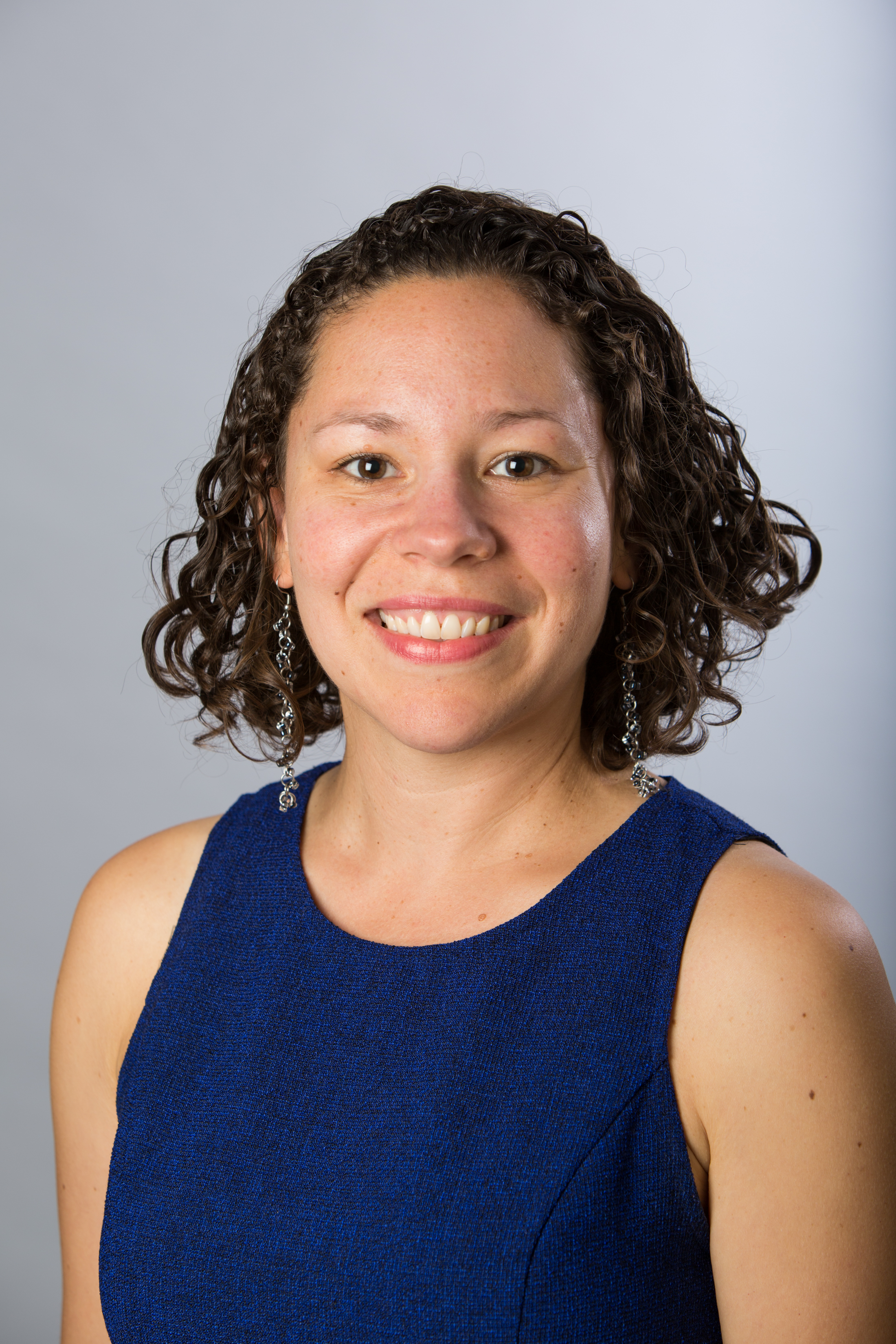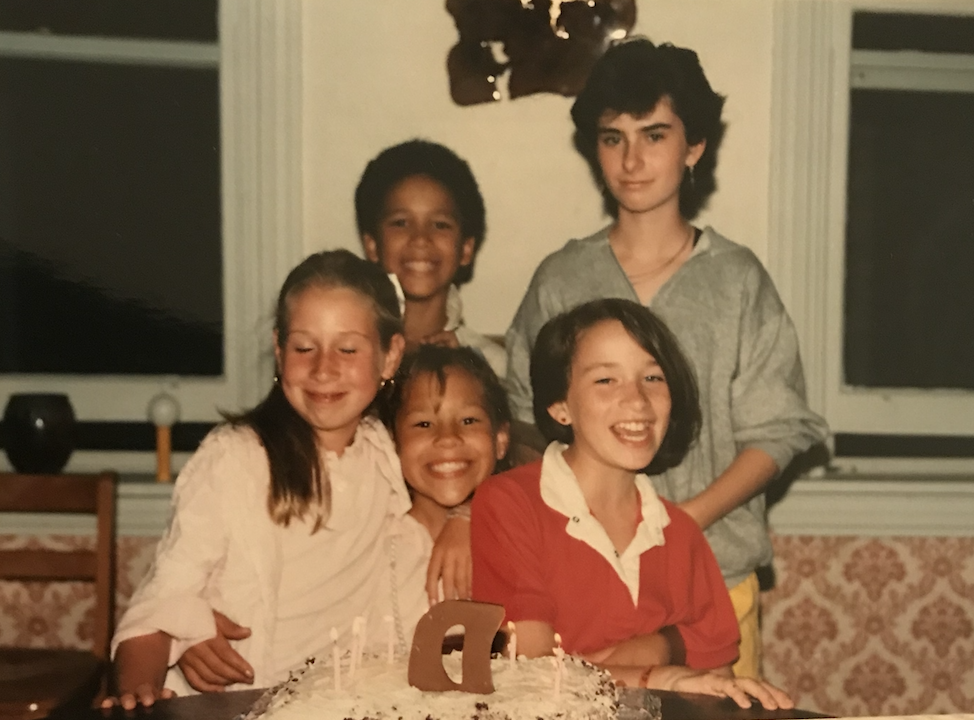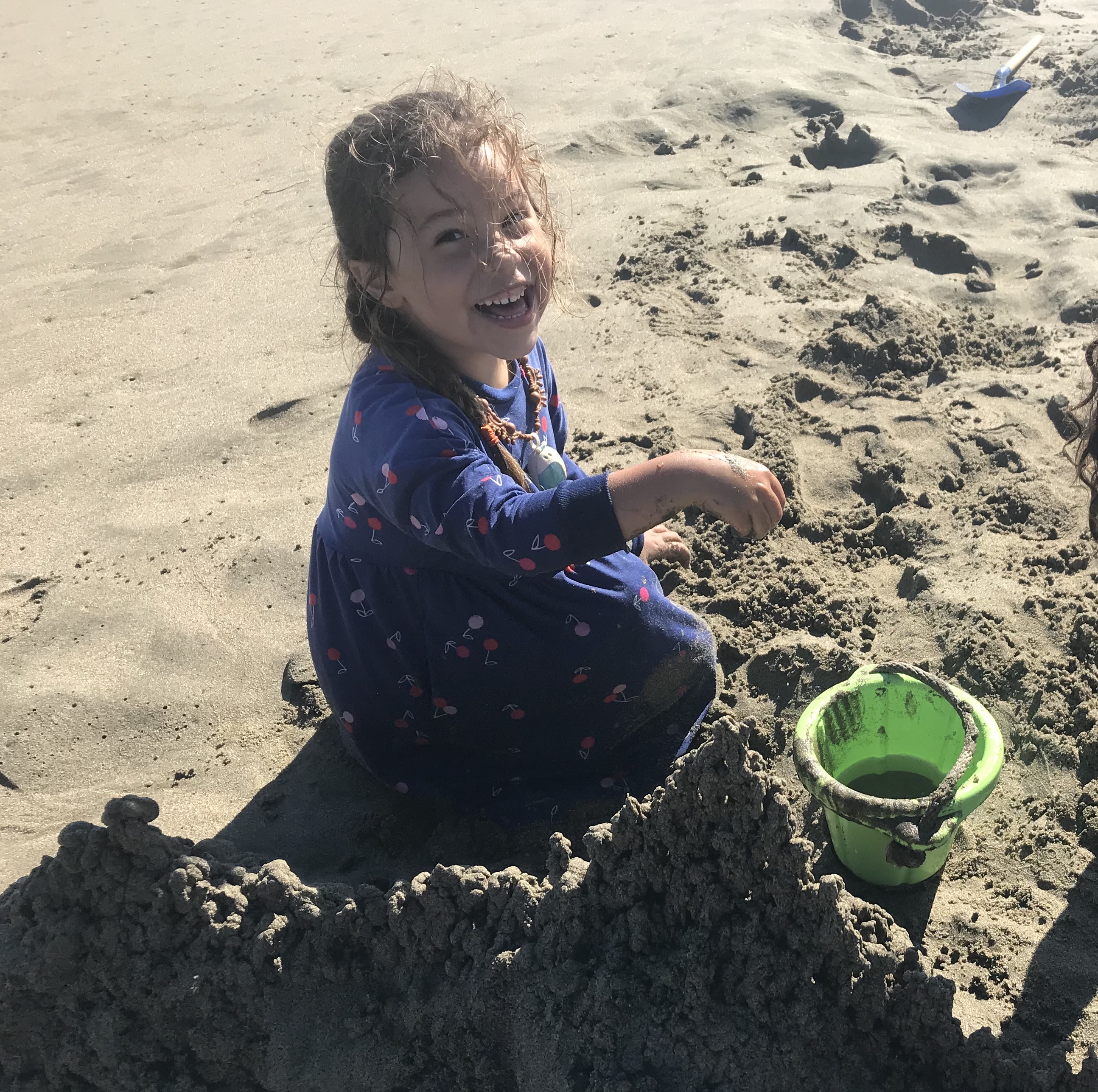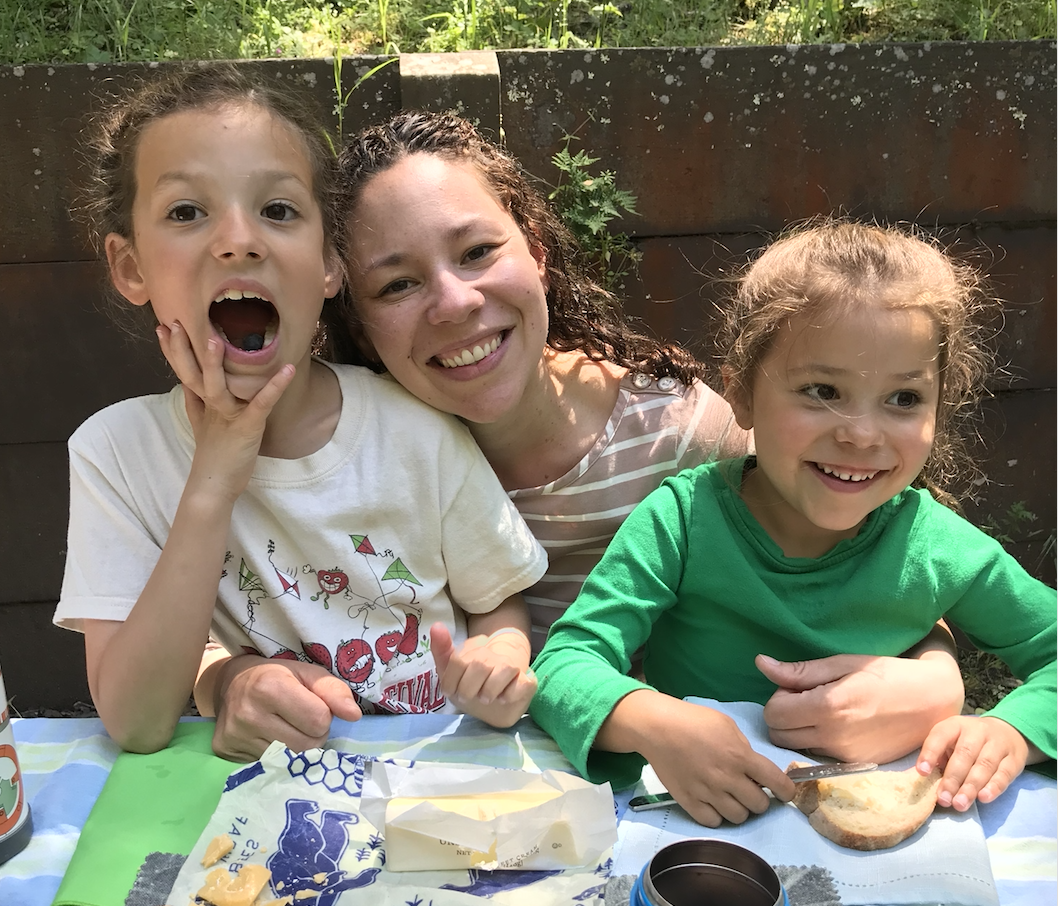Faculty Interview: Denise Connor, MD
A Conversation with Denise Connor, Associate Clinical Professor in the Division of Hospital Medicine at the VA

Where were you born and raised, and what about your family history or upbringing that might have inspired your outlook?
I was born and raised on the East Coast, just outside of Philadelphia. People in Philly are special—they may not always be over the top nice to you, but they will always help. There's goodness and realness to people from Philadelphia that I benefited from growing up around.

My mom is a single mom. Growing up, we lived with my grandmom and two of my uncles. My mom is one of 11 children, and there was always a rotating cast of characters spending time at my grandmom's house. We were close with my Aunt Kate and her three kids, partly because she was also a single mom. When we were all in high school, my Aunt Kate died of cervical cancer. She didn't have a good relationship with the medical system, and that distrust was a huge part of losing her so early to something that should have been preventable. Her death made me so sad and so angry, and those feelings were a big part of what made me begin to think about becoming a doctor one day.
My mom is very generous and giving, sometimes to a fault. Despite having her own struggles, she has always thought about other people before herself. When my grandmom developed Alzheimer's, my mom was her main caretaker. My gram died just this past fall — she was 100 years old — and it was my mom's dedication that allowed her to live at home up until the very last year of her life. I think my mom's goodness really shaped my aspiration to be a helper and a healer.
Are you now firmly a Californian, and what can you do here that you just can't do anywhere else?

My partner Earle, who's also from the East Coast, and I had just been married when I came here for residency. A huge part of why we came and why we stay is the gift of being able to spend time outdoors 365 days a year. I'll always remember my first day of residency. I was on call at Moffitt, and the very first patient I admitted went from walking into the ER to passing away on comfort care that same day, and I just remember feeling so sad and exhausted. But then, on that post call day, Earle and I went to Muir Beach. I remember just lying on the sand in the sun and listening to the ocean and feeling like maybe I could make it through residency.
I love to hike, and I love watching my kids jump over the waves at Ocean Beach. We also lucked into an amazing community for my kids' preschool, which has been a huge gift and feels distinctly Californian (in a really good way) in its feelings-affirming approach to raising kids.
Whom did you admire as a youngster? And who was inspirational to you as an adult?
My mom for her generosity and unconditional love, my grandmom for her toughness and ability to keep seeing things from a new angle throughout her long life, and my Aunt Kate. My aunt stands out because she was very sophisticated, very political—definitely the most cosmopolitan member of our family. She attended lots of marches and rallies and brought us along with her. She had a deep sense of justice and a desire to be an agent of change. I'm biracial, as is her son, my cousin Douglas, and she was instrumental in helping me to understand and embrace my identity as a kid. She also made it clear that racism would not be tolerated in our family—unfortunately, we had a few small-minded relatives—and that Doug and I should be proud of who we are, that our backgrounds should be celebrated. She gave me an example of how I hoped to be in the world one day—fierce, proud, and engaged in my community. Another person who inspired me was Sandra Burton, my college dance teacher. I worked with her to organize a dance festival in the Berkshires that focused on the history of tap dancing; our goal was to use dance to create connections and build community. Her belief in the power of the arts to transform the world has always stuck with me. She was one of the first people who I felt really treated me as an adult in a professional way, which meant a lot to me and gave me a sense of agency that I think has helped me in many ways since.
What drives you in your professional life? And why medicine?
Ultimately, human connection: how to improve the way we care for patients, to support colleagues, and to create a healing community. In my teaching, I try to demystify what doctors do to help students begin to feel like members of our profession. What I really hope to do for the students and residents I work with is to model humility—how to include patients in diagnosis, and to see our patients as whole human beings. I am always interested in learning how to do what we do better and, as hokey as it sounds, to reduce suffering in the world. I originally planned to apply into pulmonary/critical care. One of my early mentors, Read Pierce, was really talented at getting you to share what you loved, and then able to reflect your words back to you so that your path became clear. Read helped me to recognize that what I wanted most was to focus on medical education, and that general medicine would be the best fit for me. Two other amazing early mentors, Calvin Chou and Gurpreet Dhaliwal, were also instrumental in helping guide me towards general medicine. With their help, I realized that I was most interested in the early diagnostic process, which is often the domain of the internist, as opposed to the nuances of therapeutic decision-making, where our subspecialists have the deepest expertise.
You wrote about The Unbefriended Patient. Describe your work at the VA—its rewards, its challenges, and the personal satisfaction you derive from that environment.
In terms of patient care, so many of our vets have had such difficult lives. Many struggle with social isolation and with economic hardships. My goal is that after being on our inpatient team, they feel that someone cares about them, that they feel heard and valued. Vets are often articulate and funny, and they have so many stories, but many people are not always willing to listen. When we're able to get our patients to talk and to share, it's so valuable for them and for us. From a justice perspective, many joined the military at least in part due to a coercive process—many members of our armed forces come from working-class or lesser economic means and often go into the service out of necessity. If they've seen active duty and have been a part of conflicts, they are often traumatized forever after their experiences. Speaking from personal experience, I know this was true for my Uncle Tom; he is a Vietnam veteran and never recovered from that experience. He joined the military out of necessity, and his life was forever changed after his time in the service.
What is challenging right now is the concern about the impact of increasing privatization on the VA. The VA is a mission-driven place; those of us who work at the VA are committed to veterans, and many have deep expertise in working with our veterans' specific health concerns. For example, faculty and staff who are knowledgeable about PTSD and the impact of military trauma are a critical part of the VA. I worry that the more the care of our veterans becomes privatized, the less we will be able to provide the comprehensive, specialized care our patients need. The VA provides a safety net for many vets, and without it, we risk fragmenting the care of a vulnerable patient population. I'm proud to be part of an institution committed to helping veterans feel safe within a unified system. I hope we can preserve it.
How do you like to begin your day and what is its ideal ending? And how do you escape to regroup?

I like to begin by sleeping in as late as possible (though that's rare with our kiddos around) and end it on the couch with my partner, eating chocolate and de-briefing! Prior to career and kids, dance was my escape and a big part of my life — tap, jazz, and ballet, as well as, modern and West African dance. For a while, I thought I was going to be a dancer for my profession because it was what kept me sane and happy. These days, it's hard to find time to get to dance class, but I try to practice yoga in my living room after the kids are asleep. But right now, just playing with my kids is my favorite escape — they are really good at creating imaginary worlds and characters, and it's pretty magical to get lost in those imaginary places with them.
Which fictional protagonist would you like to come to life and become your friend?
I love the author Haruki Murakami. Some of his fiction is really off-the-wall magical realism—stories in which the characters are bizarre and captivating. He has these fantastic descriptions of one of his recurring characters who is always making noodles in the midst of total chaos. I'd love to sit and chat with him while he worked away in the kitchen.
Thank you, Denise.